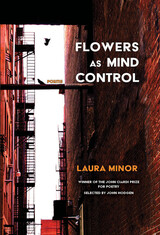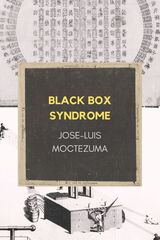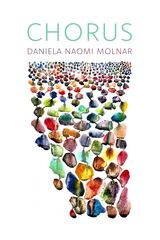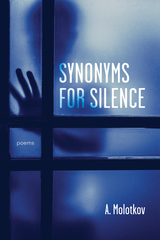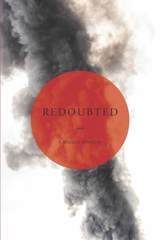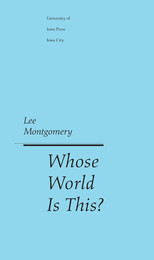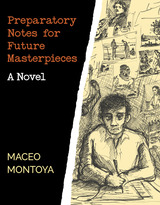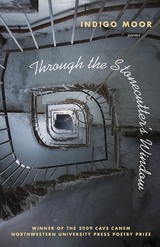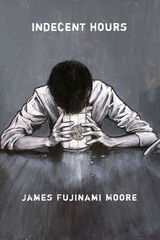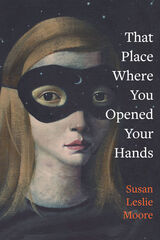Mary and the Giant Mechanism
Tupelo Press, 2013
Paper: 978-1-936797-23-3
Library of Congress Classification PS3613.O456A6 2013
Dewey Decimal Classification 811.6
Paper: 978-1-936797-23-3
Library of Congress Classification PS3613.O456A6 2013
Dewey Decimal Classification 811.6
ABOUT THIS BOOK | AUTHOR BIOGRAPHY | REVIEWS
ABOUT THIS BOOK
“Riven by the events of the first decade of this century and shot through with grief and a bird-like wonder, Mary Molinary uses the space of the poetry collection to experiment with a form—and therefore invent a mechanism—to reckon with this ‘marked little bird of a heart’ that must live each day with the knowledge of the ongoing torture, war, and violence performed in one’s name. Perhaps in imitation of a complicity alternately figurative and real, the poet situates commonplaces hard by the nearly indescribable: a borrowed ornithology joined to an ancient illumination, ‘a speaking self’ beside ‘a seen other,’ elegy followed by apology followed by ‘what will emerge.’ Through her thousand fresh images and tender elisions we are asked to look and finally see. To read Mary & the Giant Mechanism is to revisit our common history with an open, lyric heart.”— Carol Ann Davis, judge’s citation for the Tupelo Press First Book Award


